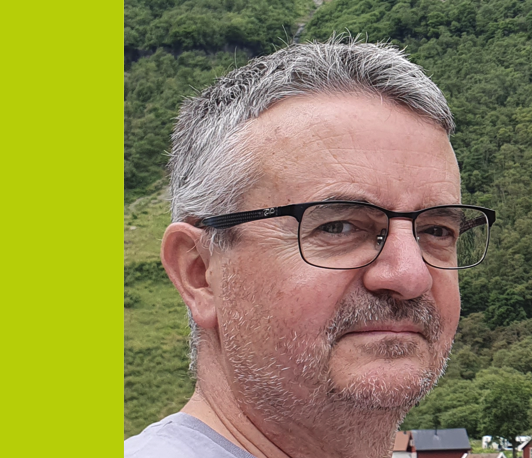Seminar: A mathematical description of decision making processes involving norms and its experimental validation
- Date: May 21, 2024
- Time: 02:30 PM (Local Time Germany)
- Speaker: Anxo Sánchez, Charles III University of Madrid
- Location: Max Planck Institute for Human Development, Lentzeallee 94, 14195 Berlin
- Room: Large Conference Room
- Host: Center for Humans and Machines

© private
Anxo Sánchez, Charles III University of Madrid
A mathematical description of decision making processes involving norms and its experimental validation
In social interactions, human decision-making, attitudes, and beliefs
about others (and hence social norms, shared expectations about what
people in the group do and what they think should be done) coevolve.
Here we attempt to disentangle some of this complexity by using an
integrative mathematical modeling and a 35-day behavioral experiment.
Our model includes material payoffs in the utility function of each
individual along with benefits from complying with the norm, from
following one's own beliefs, and for conforming to some external
prescription. To validate it, we utilize a Common Pool Resources
paradigm with messaging promoting group-beneficial behavior. We show
that personal norms and conformity with expected peers' actions have the
largest impact on decision-making while material benefits and normative
expectations have smaller effects. Messaging greatly decreases the
weight of personal norms simultaneously increasing the weight of
conformity. It also markedly influences personal norms and normative
expectations. Both cognitive and social factors are important in the
dynamics of beliefs. Between-individual variation is present in all
measured characteristics and notably impacts observed group behavior.
Those conclusions are further validated with a larger set of experiments
with diferent design, different basic game (Collective Risk Dilemma)
and different population (Beijing).
Anxo Sánchez has a PhD in Theoretical Physics (with distinction) from Universidad Complutense de MadridO, Spain, 1991. Fulbright postdoctoral fellow at Los Alamos National Laboratory, USA, 1993 - 1994. Currently, full professor of Applied Mathematics at Universidad Carlos III de Madrid, and founder of the research group GISC in 1996. Associated researcher of the Institute for Biocomputation and Physics of Complex Systems (BIFI), Universidad de Zaragoza. His research deals mostly with the applications of the physics of complex systems to social and biological sciences; he has contributed to the advancement of different fields, from economics to condensed matter physics through ecology, theoretical computer science, history and even law. He has been the PI of some 21 projects, receiving funding from the European Commission, the Spanish government, the Madrid Regional Government, NATO, ESF, and the BBVA Foundation. He is an elected member to the Council and to the Executive Committee of the Complex Systems Society. He is also a member of the expert network of Fundación COTEC “Los 100 de COTEC” and codirector of their Behavioral Economy Lab.
Join at the Max Planck Institute for Human Development or online.
Webex Access
Meeting number: 2740 915 7430
Password: pFWp7Mzr3u3